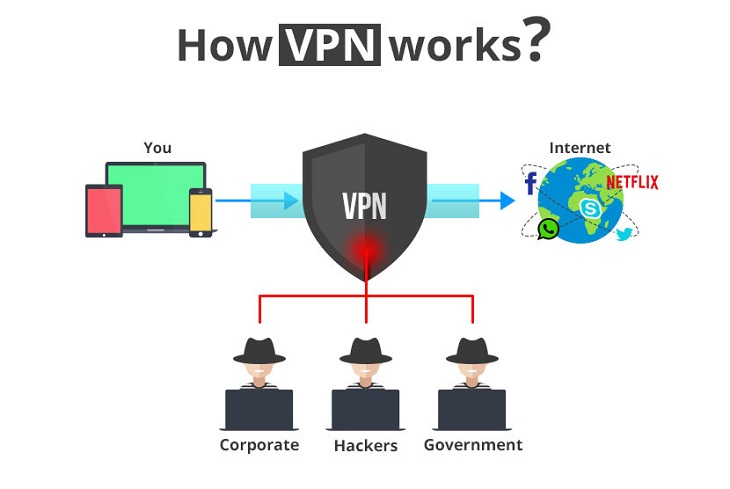Many people choose VPN because it is one of the most reliable and secure services that help protect user privacy and personal data. Although more and more people are using VPNs, they still don’t know interesting facts about this type of service.
More and more individuals and organizations rely on VPNs to protect data over the Internet, as well as other public networks. According to recent surveys, 1 in 4 people use a VPN server. Here are 10 interesting facts about VPNs that you probably didn’t know.
1. VPN providers protect your data for themselves
There is a misconception that VPN providers keep customer records for government agencies. This is not true! The data is used by them to identify possible problems in the network or improve service. However, in some countries, the government may require the supplier to return these records.
2. VPN has the same function as a firewall, except for detection
While a firewall is like a filter that checks the incoming and outgoing packets of a network or computer (and also protects you from viruses), VPNs are different. VPN uses encryption tunneling to protect your information between servers and make it difficult for malicious code like viruses to get into your network and computer. Both These two features help protect different and equally important parts. Firewalls protect networks through mesh filtering, and VPNs protect networks by keeping malicious code out. Just like WANs (wide area networks), VPNs change IP address and geolocation, giving you secure access to any website.
3. PPTP is the oldest VPN protocol
In the mid 90’s, a Microsoft software engineer Gurdeep Singh-Pall developed PTPP (peer-to-peer tunneling protocol) and paved the way for the birth of VPN. Though Many consider PPTP to be the fastest of all protocols, but it is designed for dial-up access and has the lowest level of encryption. A draft IPsec standard has been released. released in 1996.
4. Using a VPN Doesn’t Make You Completely Anonymous
Although some VPN services guarantee complete anonymity while browsing, that is not true. Even if they don’t ask for any information about you, they can still identify who you are by IP address. But you don’t need to worry about that because of the providers. the service will not reveal your identity.
5. You can still be hacked using a VPN
But this is very unlikely. While a VPN can change your IP address, keep you anonymous from third parties, and encrypt your data, You can still be attacked by cybercriminals. However VPN’s encryption makes this almost impossible. Even with the possibility of an attack, it’s still safer to use a VPN than not to use it.
6. VPN can save you subscription costs
Subscribing to online services or Internet sites will be charged depending on where you live. Using a VPN to change your IP address will help you reduce your subscription costs. cover online.
7. VPN gives you access to blocked content
While using online browsers, sometimes some ISPs (Internet service providers) block users from accessing websites. In fact, ISPs, governments, or even websites will block content depending on where you live. VPN doesn’t just keep you out of blocks and provides full access. content, but also allows you to easily download content from the Internet.
8. VPNs can save you money on hotels and flights
Websites will change airfares and hotel reservations depending on your geographical location. You can change your “virtual” location with a VPN ;and save money on your next trip. To change the location, delete or make your browser cookies private. However, be sure to avoid using a VPN while accessing e-banking and Paypal, as there have been cases where accounts have been locked due to suspected counterfeit use.
9. Sometimes a VPN can help speed up Internet access
All over the world, Internet service providers often actively control users’ web traffic, causing Internet speed to slow down. This is common in high-bandwidth activities such as streaming HD quality video. Using a highly encrypted VPN will prevent any Internet service provider from snooping on specific websites. It doesn’t allow your Internet service provider to separate your traffic into lines. high-speed and low-speed transmissions, which force them to legally route all web traffic as advertised.
10. Already 30 out of 196 countries have banned VPN
In countries with authoritarian legal regimes, VPNs have been banned for online access. Authorities ban VPNs because they will have full control people’s online activities. They censor websites that propagate objections for a variety of reasons, for example, to maintain national security, to impose social values , and to keep the political situation in the country stable. North Korea, China, Iran, Saudi Arabia, Vietnam, Myanmar, Syria and Russia are among the 30 countries that ban VPNs.
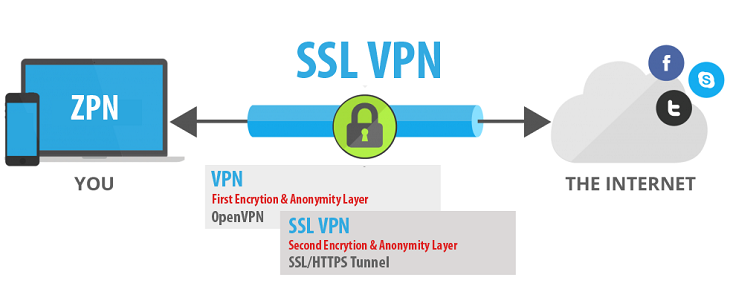
VPN technology is an effective way to surf the net without worrying about exposing your personal information to the whole world. This makes it a necessity for everyday electronic devices such as mobile phones, desktop computers and laptops.
So through this article, you must have had a new look at VPN. Thank you for following the article.
References: https://en.vpnmentor. com/

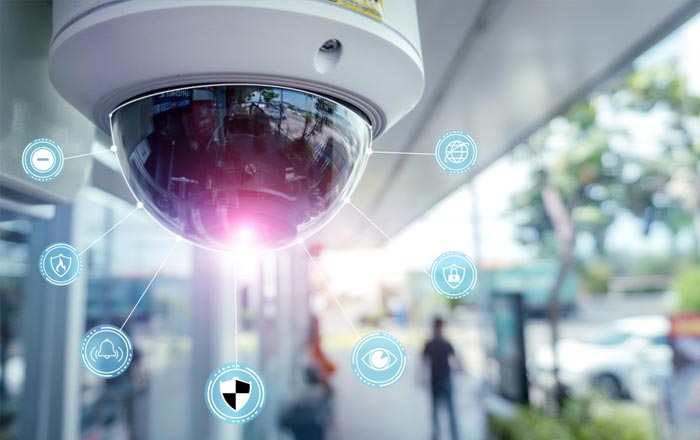
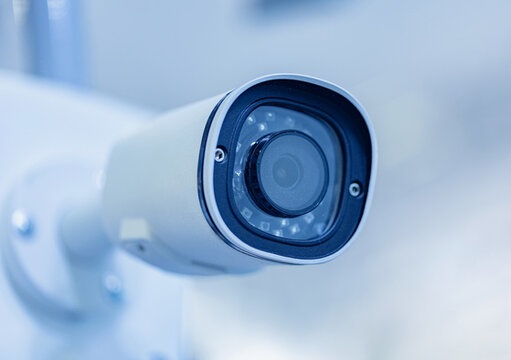
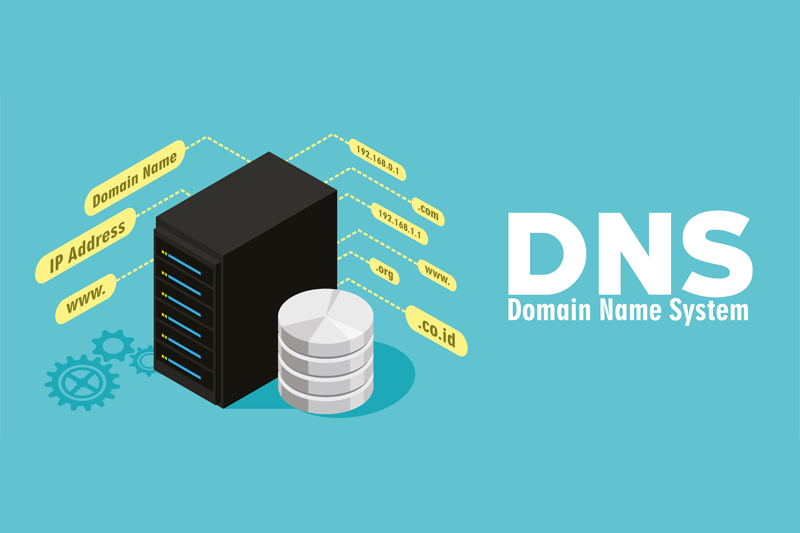
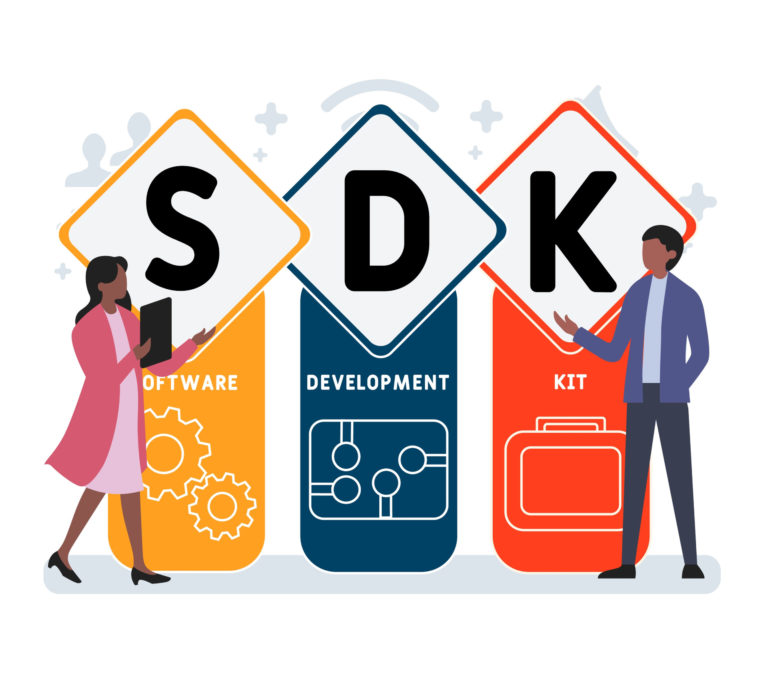
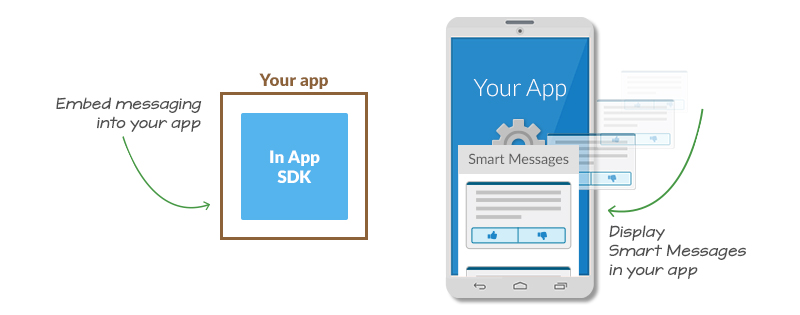
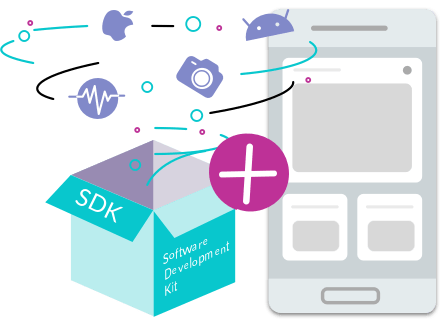

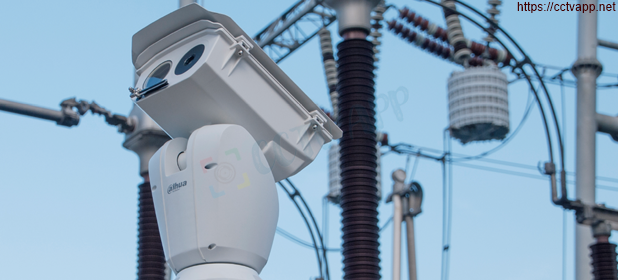
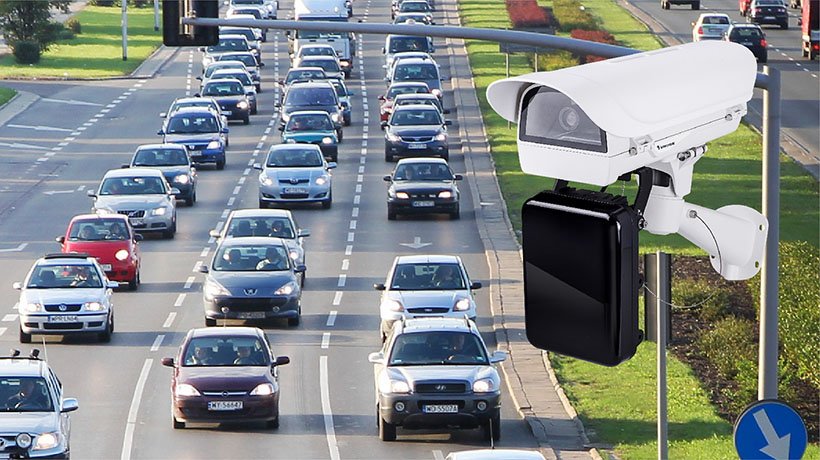

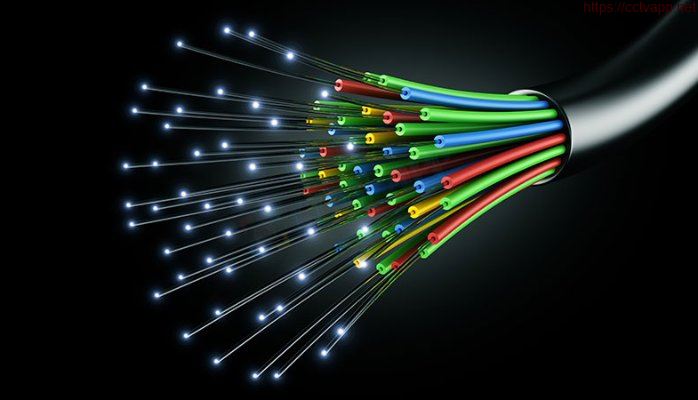
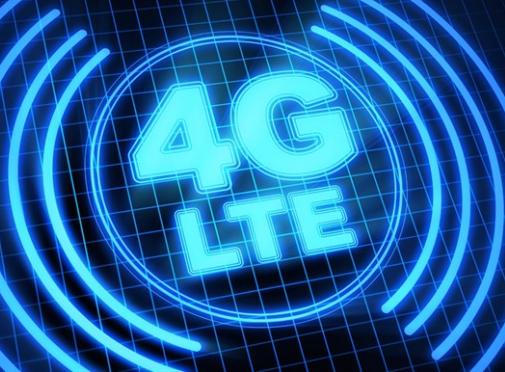
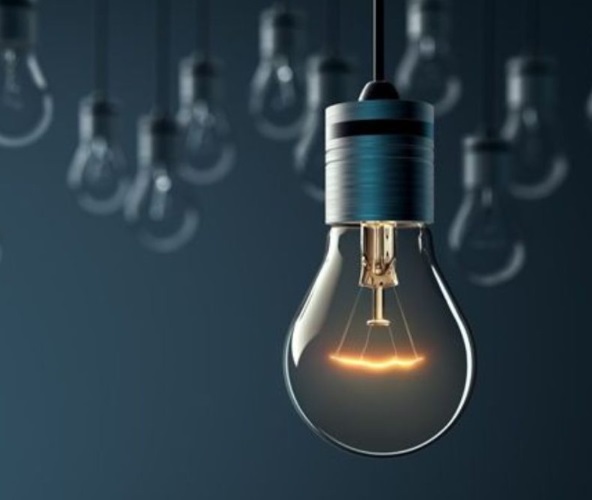

 Tiếng Việt
Tiếng Việt
